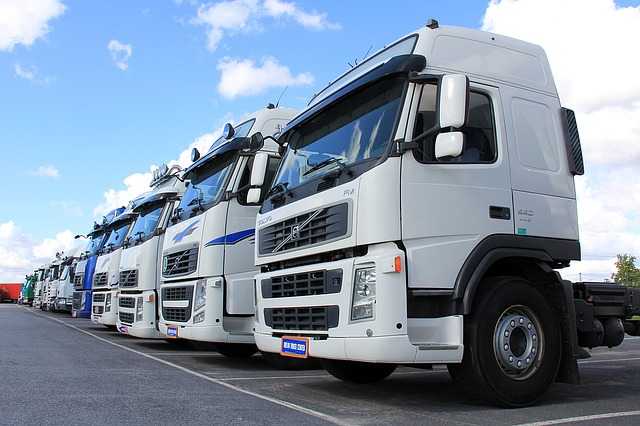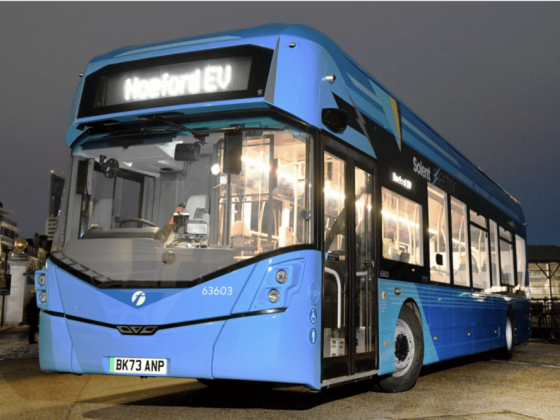Associations team up to raise concerns over HGV use in Clean Air Zones

Four associations have written a joint letter to transport secretary Chris Grayling calling for support to ensure that the introduction of Clean Air Zones (CAZ) will not unfairly hit businesses that rely on HGVs.
The British Vehicle Rental and Leasing Association (BVRLA), joined with the Road Haulage Association (RHA), Freight Transport Association (FTA), and the National Franchised Dealers Association (NFDA) in order to raise these concerns.
Cities across England have announced plans for the introduction of a type of HGV charging CAZ in order to reduce illegal levels of Nix emissions.
London’s expanded Ultra Low Emission Zone is also scheduled for 8 April next year.
The association’s say they fully support the environmental aims behind the introduction of CAZs, and are encouraging the government to implement a system which works for businesses as well as having a “real impact” on pollution.
The current approach being proposed by some local authorities will result in additional tax on thousands of businesses.
The proposed HGV charges for all trucks other than the latest Euro VI models is typically £100 per day, which could equate to an additional 25 per cent on the daily running cost of a non-compliant vehicle.
The joint letter asks the Minister to meet and discuss various solutions that could lessen the impact on businesses.
These include: providing CAZ charge exemptions on certain routes or during night time; a reduced charge for Euro V trucks; ensuring that CAZ standards and administration are consistent across the country and communicated properly; and providing local authorities with more guidance and resources to identify local congestion and pollution hotspots and improve traffic management.
Gerry Keaney, BVRLA chief executive, said: “Our members own, operate or fleet manage more than 110,000 trucks across the UK, which can be hired by the minute, hour, day, week, month or year.
“The vehicle rental and leasing sector has spent the last ten years helping commercial vehicle operators meet the requirements of the London Low Emission Zone and understands the cost and operational challenges they face with the potential introduction of new CAZs across the UK.”



